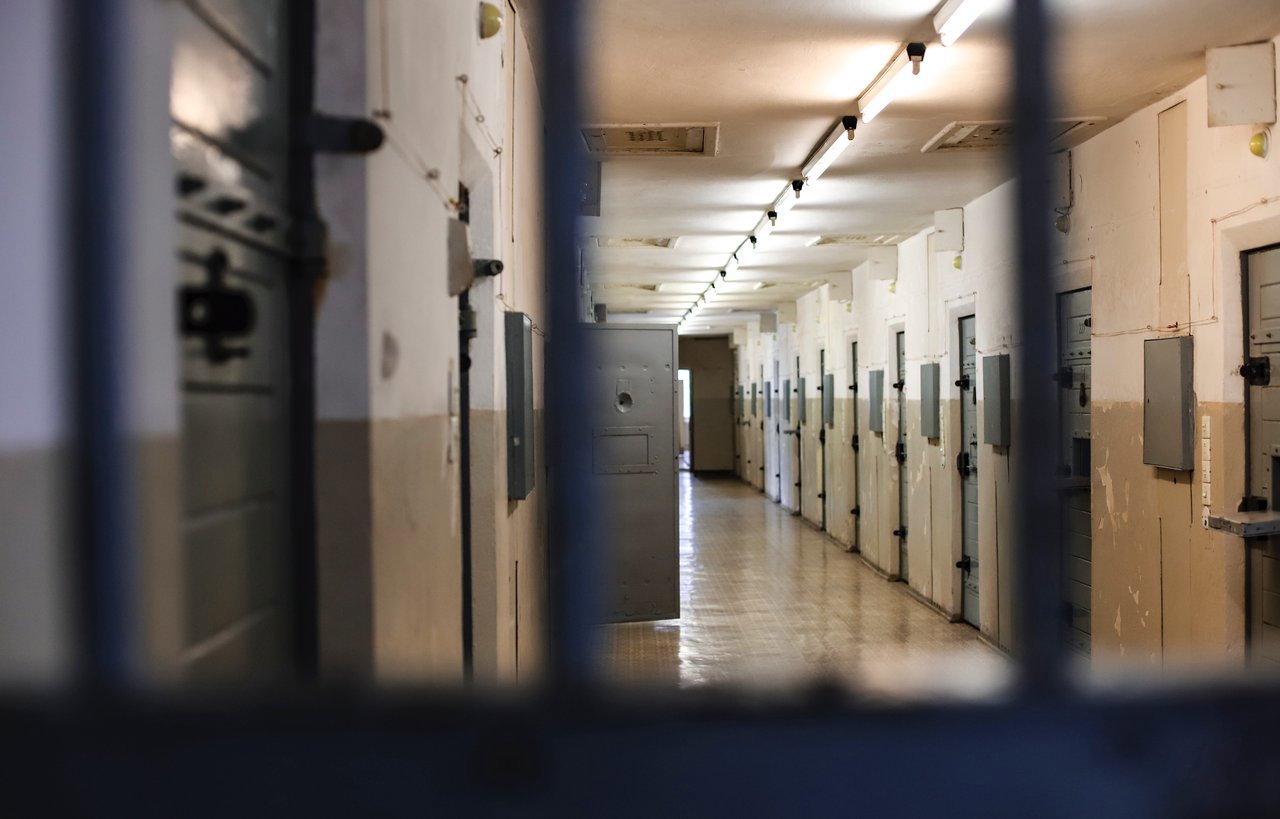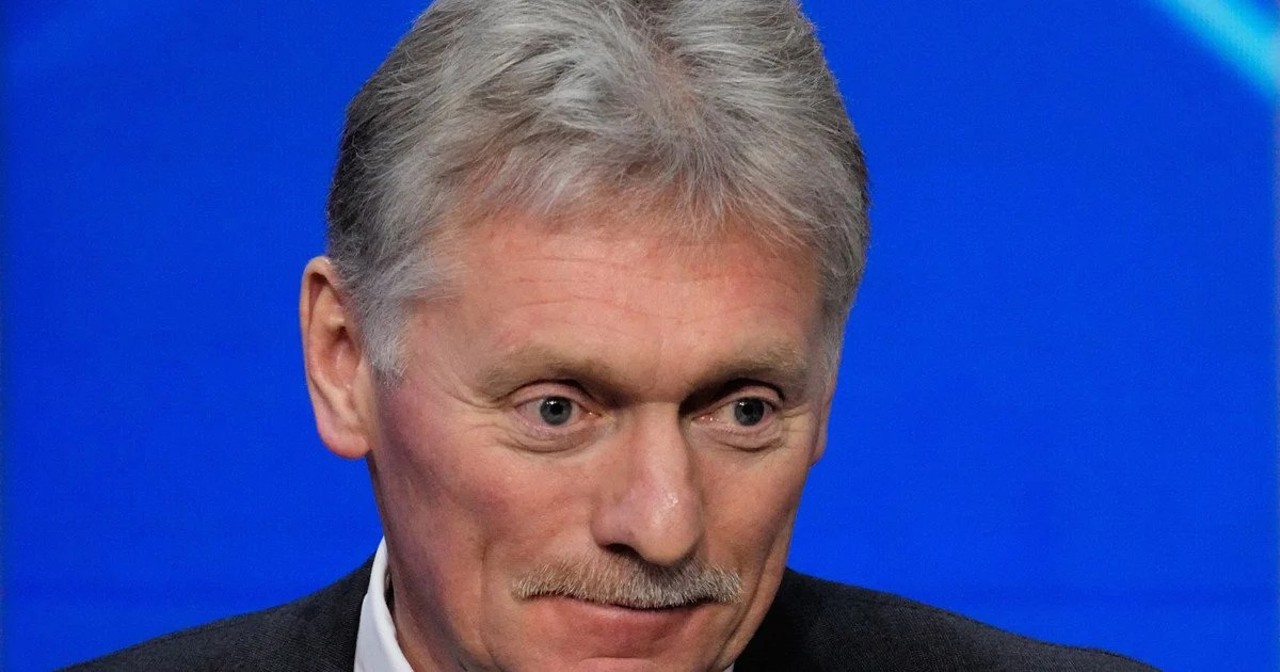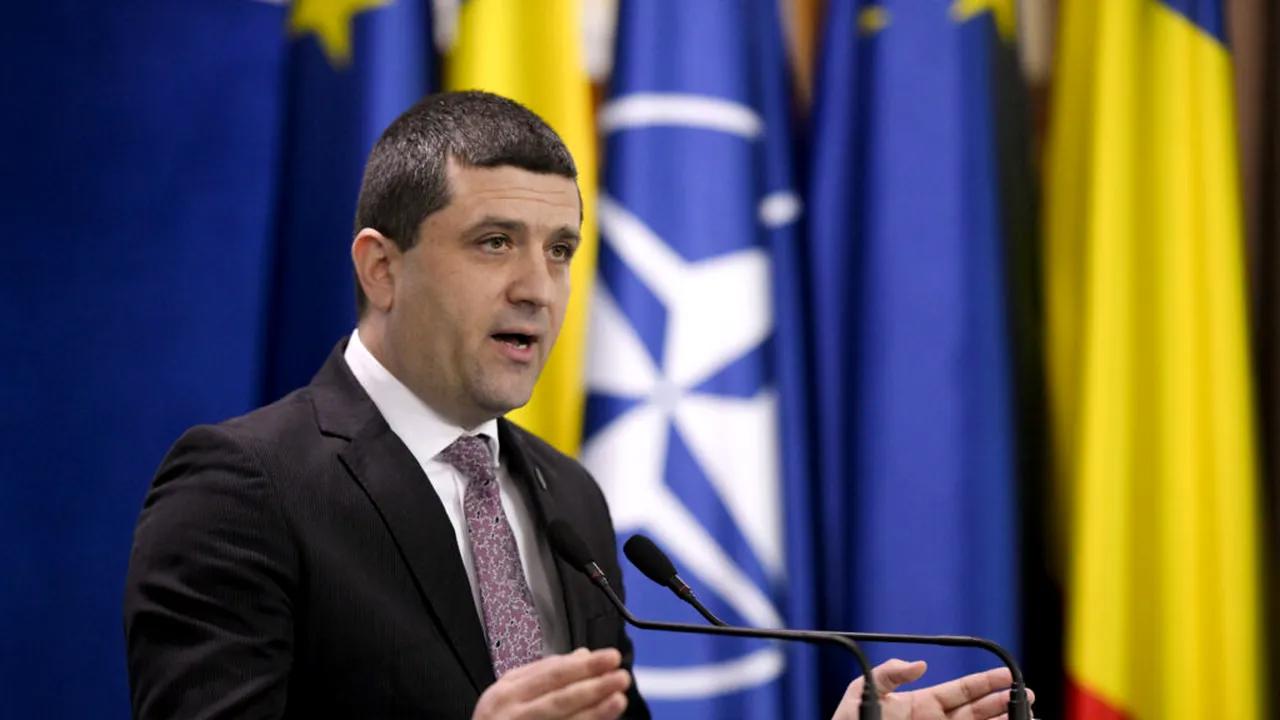Transnistria faces humanitarian crisis amid natural gas shortages
Over 4,000 individuals, illegally held in so-called prisons controlled by the Tiraspol regime, risk being severely affected by the energy crisis that has struck the Transnistrian region since January 1.

The buildings, once heated by natural gas, are now left without heating, worsening the already poor detention conditions. The situation is further worsened by the inability of Chișinău’s authorities to directly monitor conditions in the region, stated Vadim Vieru, a lawyer from Promo-LEX, for Teleradio-Moldova. Against the backdrop of the energy crisis, the conditions of illegal detention on the left bank of the Dniester risk further deterioration, warns the Bureau for Reintegration Policies.
“The so-called prisons in the Transnistrian region were equipped with separate gas-powered heating systems. Following the gas disconnection on January 1, 2025, like other institutions in the region, they are no longer supplied with natural gas and therefore no longer have heating. In such situations, detainees are left without heat. We lack further details on whether they are permitted to use makeshift electric heating devices, but it is certain that the heating systems previously used by these detention facilities are no longer operational. This is a very serious situation. Monitoring bodies have no access to these so-called prisons, nor are there other monitoring mechanisms in place. Therefore, the real situation is very difficult to ascertain,” stated Vadim Vieru, a lawyer from Promo-LEX, for Teleradio-Moldova.
The Bureau for Reintegration Policies also acknowledges that the conditions of illegal detention in the three prisons in the Transnistrian region risk worsening due to the energy crisis.
“In the detention centers in the Transnistrian region, which remain inaccessible to constitutional authorities, the conditions of illegal detention were already very poor before the energy crisis, and now they are likely to deteriorate further.”
The Bureau clarified, in a response to Teleradio-Moldova, that one of the two prisons in the city of Bender, subordinate to constitutional authorities, is operating normally. This is Prison No. 8, whose infrastructure has been adapted to function autonomously based on the city’s situation.
“Prison No. 12 relies on the city’s infrastructure and has been cut off from centralized heating. However, thanks to the institution’s alternative heating system, funded through the country’s reintegration program, an electric generator can be connected if necessary.”
Beyond prisons, the energy crisis is severely impacting other critical institutions, including hospitals and centers for vulnerable individuals. During this period, fundamental human rights, such as access to healthcare, food, and water, could be severely compromised, warned Ombudsman Ceslav Panico in a statement for Teleradio-Moldova. According to him, the Office of the People’s Advocate is closely monitoring the situation and making efforts to prevent a humanitarian crisis in the region. However, interventions are hindered by the lack of access and the refusal of the so-called Tiraspol authorities to cooperate, added the People’s Advocate.
“We do not yet have clarity on their intervention strategies or whether they are interested in the services offered by Chișinău. From what I understand, proposals have been made but were likely rejected. We will see in 10 days, when energy resources are at their limit. We are concerned about people who cannot leave their rooms on their own, those in prisons, and those in care centers.”
The humanitarian crisis in the Transnistrian region was deliberately provoked by the Russian Federation to destabilize the Republic of Moldova, believes lawyer Vadim Vieru. According to him, Chișinău must, on one hand, identify quick solutions to support the affected population, including those illegally detained, and on the other hand, return to the negotiating table with Tiraspol.
It is worth noting that Gazprom suspended natural gas deliveries to the Transnistrian region starting January 1, 2by 025. In connection with a potential humanitarian crisis in the Transnistrian region due to the Russian Federation’s failure to comply with the natural gas supply contract for consumers on the left bank of the Dniester, the Republic of Moldova has been in a state of emergency since December 16, 2024. The state of emergency was also declared by the de facto administration in Tiraspol on December 11.
Since January 1, residents of the Transnistrian region have been left without natural gas and heating, and since January 3, rolling blackouts have begun for electricity. Meanwhile, thousands of people have been forced into unemployment after industrial factories shut down due to the lack of gas; bread prices and taxi services have increased significantly.
Despite this, according to Daniel Vodă, the Prime Minister’s advisor, the so-called Tiraspol authorities continue to reject solutions proposed by Chișinău to prevent a humanitarian catastrophe in the Transnistrian region. The proposals include, among others, purchasing gas from regional markets, providing humanitarian aid, and using the Trans-Balkan route for gas imports.
Translation by Iurie Tataru






